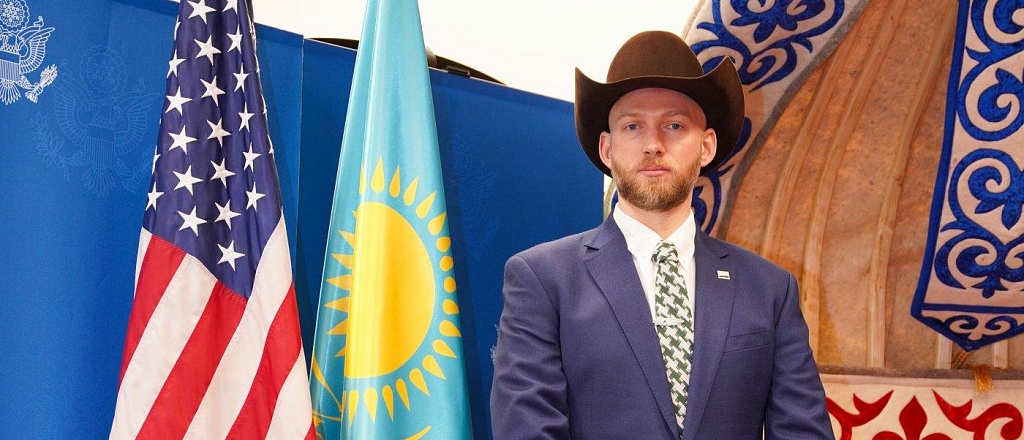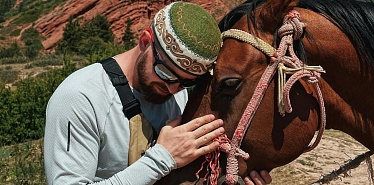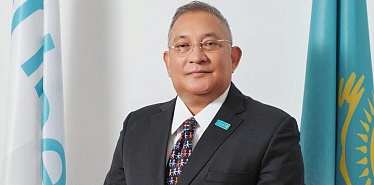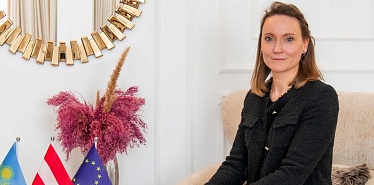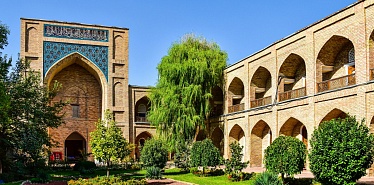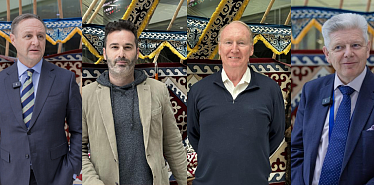The agricultural attaché told how much money Kazakhstan spent to buy products from the U.S., what program farmers can use to go to the U.S. and how he realized his son was named after a Kazakh.
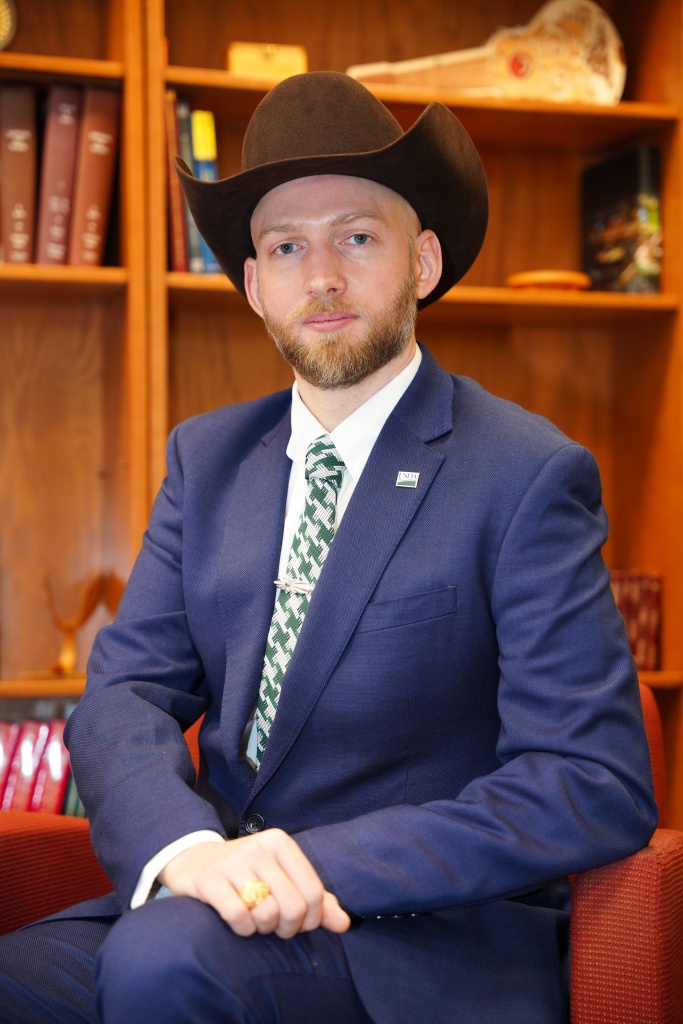
About me
I am the Agriculture Counselor for Central Asia for the U.S. Embassy in Kazakhstan. I graduated from Texas A&M University, where the Minister of Agriculture of Uzbekistan also studied.
I always wanted to be a farmer and never even thought about diplomacy. But it became my dream when I found out that I could combine these spheres. For seven years now I have been combining my two favorite jobs. During this time I have lived and worked in Taiwan, in the Arab Emirates, where I covered the Persian Gulf. And now I'm in Kazakhstan, where I'm in charge of Central Asia.
Prior to diplomacy, I worked for eight years in various agricultural American companies. Because of my work, I traveled to every state in the country.
I have always been interested in other countries and languages: I studied Chinese in college and Asian culture at university. I have traveled to over 30 countries during my career. I was not just selling agricultural products, but building partnerships. It was then that I was offered a job in the diplomatic service.
About activities
Previously, our office covered only Kazakhstan. So now one of my tasks is to reorganize the office to work with the whole of Central Asia. Agriculture has always been an important part of U.S. diplomacy.
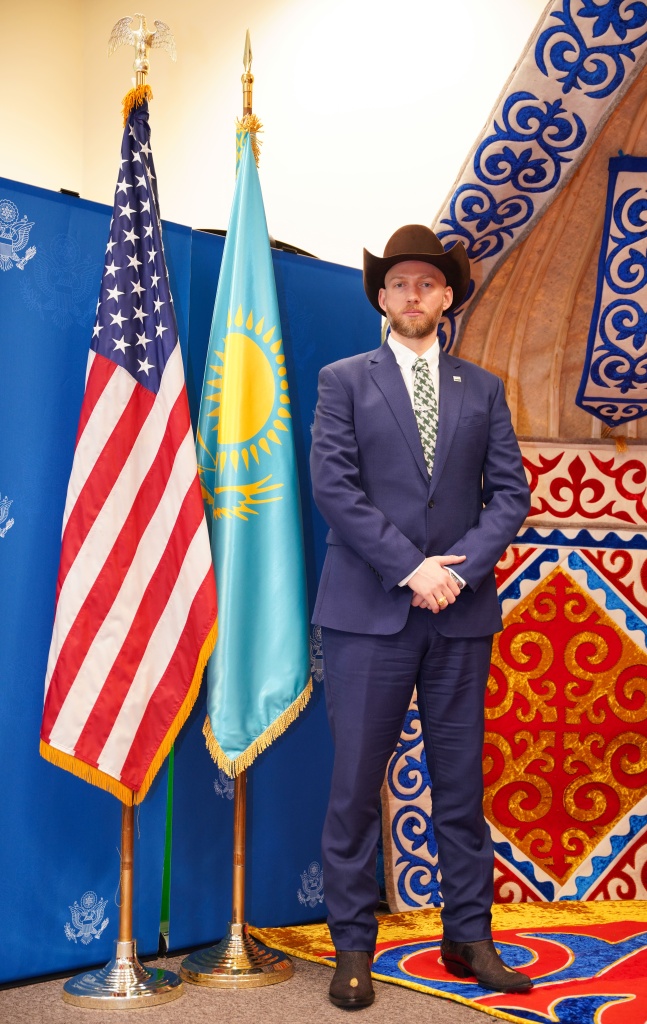
My mission is to feed, clothe and protect the world. Our job is to remove barriers to trade so that the marketplace can function efficiently. To make it possible for food to be sold around the world. We believe that food should be affordable and accessible to all.
Another core focus of our work is collaboration. We help countries that need food or have a need for certain knowledge. For example, if they want to help the population with nutrition. Becoming a diplomat, I felt a direct connection to this mission.
One of the biggest projects we are doing now is helping Kazakhstan to improve its statistical services. We are doing this in order to get accurate data for agro-crop management. The most effective thing the government can do is to provide complete information to farmers and the agricultural sector. This is necessary so that farmers know what to plant and what they can make money on in the next season.
About Central Asia
The first country I put on the list for my next mission was Kazakhstan. I don't know Russian and Kazakh too well, so I'm learning them now.
For the past two years, I have dreamed of working in Central Asia. Once, when I was living in Dubai, I met a colleague from Uzbekistan. He told me a lot of interesting things about Central Asia and agriculture in this region. At that time I thought it was a unique place where I would like to work.
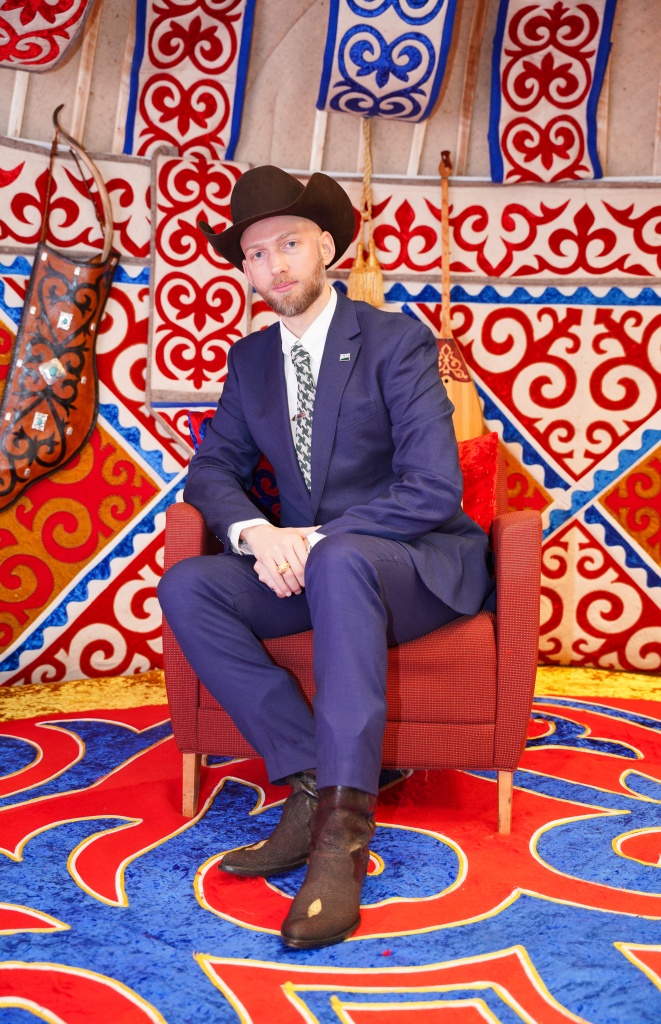
As I look at the region, I realize how unique the culture and history here is. When you know the hardships the Kazakh people have faced, the independent spirit of the population is impressive. The local people have grown up in an environment where it can be incredibly cold and too hot. This has made them more resilient. Central Asians are strong and at the same time kind and welcoming. When they call me to visit, they always want to feed me, and then they want to feed me again.
Before coming here, I did not know how much we have in common, including in agriculture. I have a small farm in West Virginia where I grow apples. I was very surprised to learn that Almaty is the Home of Apples. West Virginia is a mountain state, so it looks like Almaty. And my orchard is high in the mountains. It looks like what you might see in southern Kazakhstan, in the Fergana Valley of Uzbekistan, or in Kyrgyzstan.
My eldest son's name is Khan. When we first arrived in Astana, we were advised to go shopping at Khan-Shatyr. I was surprised, questioned and tried to understand what the connection was. During seven months in Kazakhstan, I managed to meet many people who have "Khan" in their name. That's how I discovered that my son has a Kazakh name. Although we named him after Chinese traditions, since my wife is Chinese American.
On working in Central Asia
In 2023, the U.S. exported $167 million worth of products to Kazakhstan alone. This makes us the fifth largest supplier of food and agricultural products to Kazakhstan.
We sold a large number of cows, specialty products to support cow growth and productivity, and feed ingredients. It was unexpected, but we sold a large amount of bottled tea. In America, we love chicken breast and wings, but chicken legs are not very popular, so we sell this part abroad. And one of the most exported goods to the U.S. from Kazakhstan is fish.
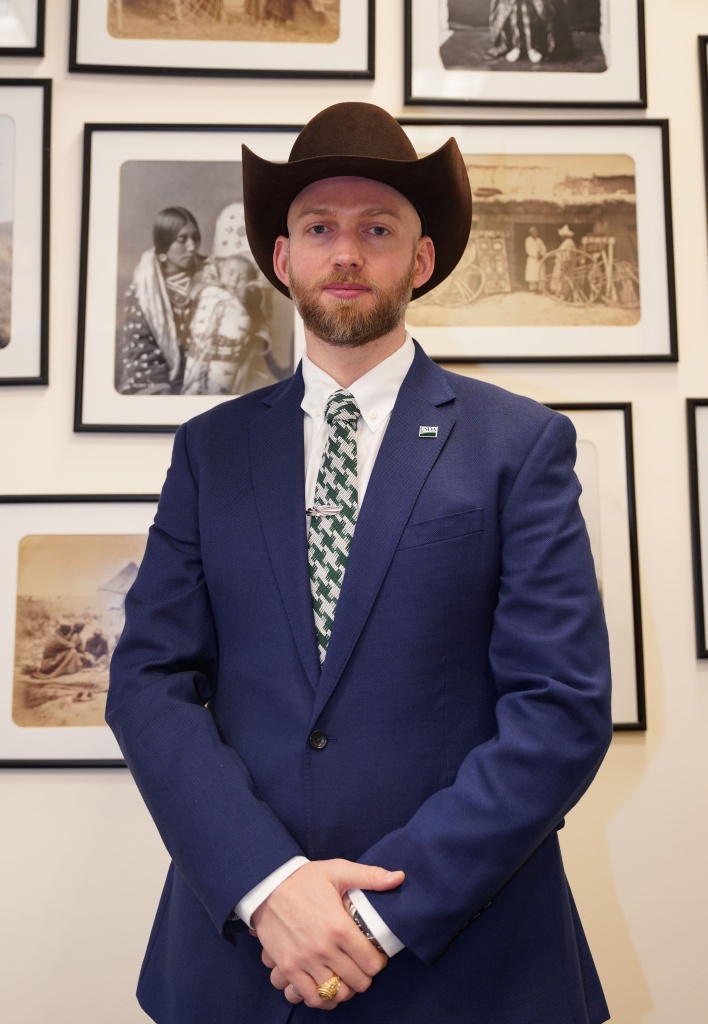
Kazakhstan is important to the world market because it is the seventh-largest producer of wheat. Uzbekistan, the fifth largest producer of cotton in the world, is important for the same reason. These Central Asian industries are one of the reasons why I am here.
Last year we did a master class for farmers on feed. We're also focused on livestock care programs. We have a trade mission that organized a visit of farmers and veterinarians from the US. They shared American technologies in their field with Kazakhstan and Kyrgyzstan people.
In the near future, a program will start where Central Asian farmers will have the opportunity to go to the US and learn more about how we raise cattle. They will then be able to implement these technologies in their homeland.








